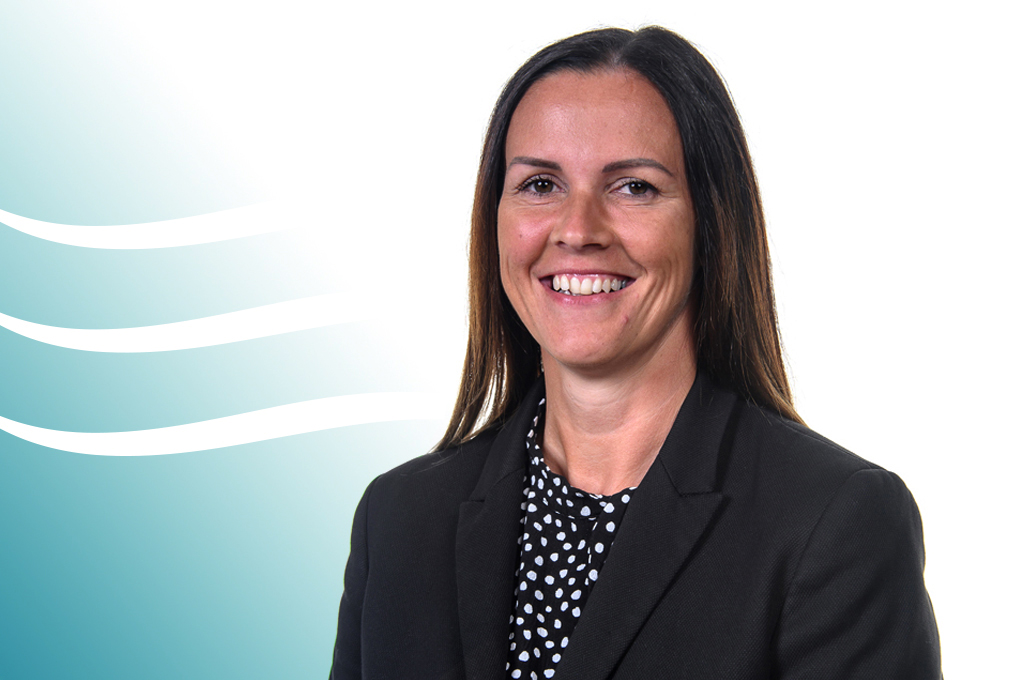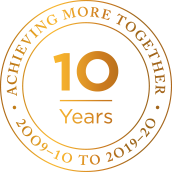Emma Baker is Principal of Ormiston Rivers Academy in Burnham-on-Crouch, Essex.
By Emma Baker
5 February, 2021
Blog article first written for the Big Education “Learning from Lockdown” blog site and published on 1 February2021.

The academy I lead is a secondary, non-selective school, part of Ormiston Academies Trust, and is set in a semi-rural, coastal location. Since the first lockdown, we have developed innovative and engaging ways in which to deliver our remote learning offer to ensure our students continue to receive the high-quality teaching that they deserve. This article outlines some of the ways we have tried to achieve this. I hope it helps other heads who are dealing with similar challenges.
Introducing live lessons
One of our most successful strategies has been the introduction of “live lessons” via Google Classrooms. Every single student across all year groups is receiving live, interactive content delivered by their usual teaching staff. Students’ engagement in their learning has been excellent as a result, and attendance to the live lessons has been extremely positive at around 93%, which is remarkable in the current climate. This has been made possible by the creation of a collaborative Google sheet for attendance. Individual members of staff record students’ attendance for every lesson, which is then monitored throughout the day by the attendance officer and senior staff. Telephone calls are then made to students/parents to assist them in logging on to the live lessons. Home visits also take place if needed.
Staff need to be trained to use online tools
We have invested time and effort into training staff in this new way of teaching, and consequently staff are now developing a wide range of teaching and learning tools to enable them to improve their lessons even further. We place great value on sharing good practice and have collated an extensive list of online tools and apps that enhance students’ learning experiences. This is added to and reviewed by staff so that everyone can contribute. Recently, we have discovered “Blooket“, an alternative to Kahoot to engage and motivate through competition. Students love the bright, fun graphics and it is very easy to use. We have been keen to mirror much of the pedagogy that is successful in the classroom and have promoted an approach that incorporates the Rosenshine Principles. Using Google Docs to support collaborative learning has enabled remote group work and students enjoy the opportunity to work ‘with’ their classmates. The Academy has invested in new technology for staff and many are now using visualisers, online whiteboards and Wacom ‘one boards’ to help them model answers and make handwritten notes directly in the google classroom. Other apps and add-ons that we have found to be useful related to online assessment are “Teachermade“, “Spiral” and “Jamboard“, with the latter being particularly useful for incorporating AFL techniques into lessons.
As a result of feedback, we have amended the timing of our lessons to allow longer breaks and reduce the amount of screen time
In addition, we have introduced several online learning platforms to support and enhance the live lessons, including Tassomei and Seneca Learning. Every teacher, in consultation with their own department, plans a variety of lesson content in line with the subject schemes of work, to ensure that students remain focused and engaged in their learning. Senior and middle leaders regularly “drop-in” to online lessons to monitor quality and content, and then provide feedback to staff as appropriate. A recent parental survey was conducted to gauge the effectiveness of the live lessons. It was extremely pleasing that this confirmed that over 99% of parents were happy with the remote learning provision being offered by Ormiston Rivers Academy. As a result of feedback from the survey, we have now amended the timings of the lessons slightly, to allow students longer break and lunch times and to reduce their amount of screen time. The response from parents, students and staff to this change has been overwhelmingly positive. Parents and members of the wider community are also kept informed by a weekly blog/letter and regular updates on our social media platforms.
We have set up a Wellbeing Google Classroom which students can use to book calls with our pastoral team
In addition to the above, every single student receives a welfare call at least once a week, and more regularly where appropriate, to check on their wellbeing and to address any issues they may have. We have also set up a wellbeing hub on our website, as well as a wellbeing app that students can access at any time and have also set up a separate wellbeing Google Classroom whereby students can book slots to talk to a member of our pastoral team about any specific worries or concerns. Individual calls have also been made to every member of staff to maintain contact, check on their wellbeing and to offer any support needed. Lateral flow testing is also conducted twice weekly for all staff and key worker students on-site, and for staff that wish to come in to be tested. This is conducted entirely by volunteers from the local community and has provided certainty and peace-of-mind for all concerned. To address the particular issues of our remote location, and the considerable number of outlying villages that the academy serves, we have also introduced a mobile delivery service to provide stationery, equipment and sanitary items to those students that need them. This has been very much welcomed and gratefully received by parents and students alike and is another example of how staff have risen to the challenge and have continued to go “above and beyond” in the current circumstances.
One of our biggest challenges was addressing the nervousness and uncertainty of staff
Whilst the impact and success of Ormiston Rivers Academy’s’ “live lessons”, related remote learning offer and additional support strategies, are evident and their success satisfying, that is not to say that implementing them has been plain sailing. One of the biggest challenges, initially, was addressing the nervousness and uncertainty of staff, who did not feel confident in this new way of teaching.
Fortunately, we had sufficient strategic insight to plan for this well in advance of the latest lockdown, and devoted significant CPD time during the period when the school was open to allow staff time to practice and perfect these new skills, and to ensure that students were fully aware of how this would work. Additionally, we celebrated and utilised those staff who were more confident and, perhaps, had more “expertise” with these technologies, to support their colleagues and to share ideas and good practice.
Since the introduction of “live lessons”, our students have also offered their own ideas and suggested new innovations, which have again helped staff to develop their own ideas and to develop the confidence to experiment more widely. Indeed, we have actively encouraged collaboration, innovation and experimentation and it has been intensely pleasing to witness the growth in confidence of both staff and students that this has enabled. Some of the most important things that I have learned throughout this period are: to be patient yet persistent; to be understanding and supportive of the fears and uncertainties of others, yet to remain determined to deliver the very best that is possible for every student; to continually monitor and assess the academy’s offer, taking into account the feedback from all stakeholders and to adapt and evolve accordingly.
I am convinced that the lessons learned during this period will continue to play an important role
Overall, the entire learning journey, throughout the difficult circumstances that we have found ourselves in, has been both complex and challenging, but also enlightening and invigorating. Of course, it is the wish and hope of every single person involved in the education of our young people, that we will eventually be able to return to the normality and security of face-to-face teaching. However, I am convinced that the lessons learned during this period, and the new innovations and technologies that have been developed and introduced as a result, will continue to play an important part in the education of all of our students going forwards. Teaching staff will, I am sure, continue to use a range of new technologies to support and enhance students’ learning experiences, to enable them to achieve to the very best of their abilities. For example, we will embrace the use of “MOTE” learning, to ensure that even students unable to attend school are enabled to engage with their learning and continue to receive helpful and constructive feedback in order to make the best possible progress. The English department has embraced the use of ‘live’ Google documents, which allow all students to work on the same document. This work might include independently creating new responses, annotating exemplar responses or facilitating group work. Not only does this approach allow the teachers to monitor student engagement throughout the lesson, but it also serves as a fantastic opportunity to provide live feedback for students to act upon immediately, thus making rapid progress.
In maths, taught lessons are broken up with videos, for example Maths Watch, Hegarty Maths and Corbett Maths, which enables student interaction so they aren’t just watching the same person teach. KS4 students will continue to use “Methodmaths” which not only provides instant feedback but is also well scaffolded for students who are working at a different pace and are at a different level within the topic.
In conclusion, whilst the circumstances over the past year or so have been some of the most extreme and difficult that any of us could ever have imagined, I truly believe that they have also given both staff, and more importantly, students, the opportunity to learn, to develop and to grow. This, after all, is what any of us in this business called “education” desires, and what we will, I know, continue to strive for.
Category: Blog
Tags: Coronavirus, Covid-19, learning, Ormiston Rivers Academy, Remote learning
Emma Baker is Principal of Ormiston Rivers Academy in Burnham-on-Crouch, Essex.
